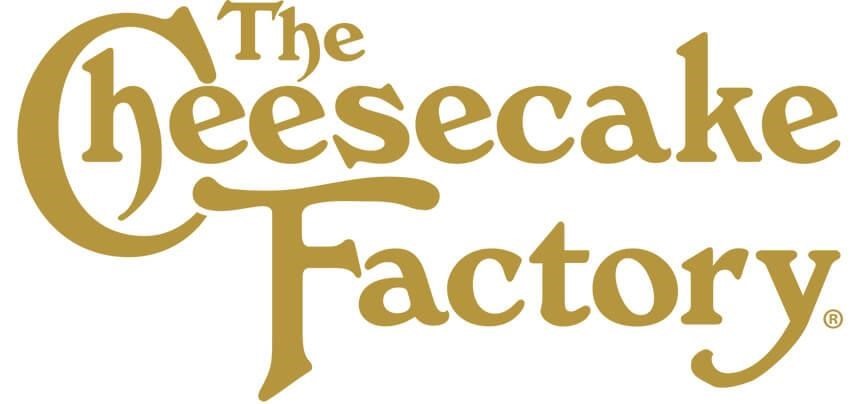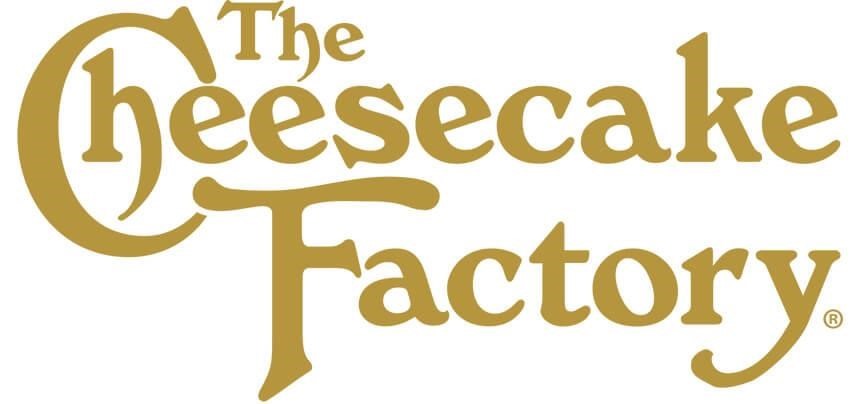

Nutrition facts and Weight Watchers points for Impossible Burger from The Cheesecake Factory.
Calories
There are 1010 calories in Impossible Burger.
Nutrition Facts
| Serving Size | ? | |
| Calories | 1010 | |
| Calories From Fat | 510 | |
| Amount Per Serving | % Daily Value* | |
| Total Fat | 57g | 88% |
| Saturated Fat | 22g | 110% |
| Trans Fat | 0g | |
| Cholesterol | 0mg | 0% |
| Sodium | 2320mg | 97% |
| Total Carbohydrates | 82g | 27% |
| Dietary Fiber | 10g | 40% |
| Sugars | 14g | |
| Protein | 42g | 84% |
| Vitamin A | ? | |
| Vitamin C | ? | |
| Calcium | ? | |
| Iron | ? | |
*All percent daily value figures are based on a 2,000 calorie diet.
Nutritional information source: The Cheesecake Factory
Allergens
We are working on getting the allergen information for this item.
Ingredients
We are working on getting the ingredients for this item.
Additional Information
The Cheesecake Factory is known for its delicious menu offerings, and one standout option that has gained immense popularity is the Impossible Burger. This plant-based burger has captivated the taste buds of vegans and meat lovers alike. Let’s dive into the features, pros, and cons of this delicious creation.
Features & Benefits
The Impossible Burger is a revolutionary plant-based burger that aims to mimic the taste and texture of traditional beef burgers. It is made with a blend of carefully selected ingredients including soy protein concentrate, coconut oil, sunflower oil, potato protein, methylcellulose, yeast extract, salt, gum and water. It also contains essential nutrients such as vitamin B12, zinc, vitamin B6, thiamin (B1) and niacin.
A key feature of the Impossible Burger is the inclusion of heme, an iron-containing molecule found in both plants and animals. Heme is responsible for the burger’s meat-like flavor and aroma, making it a satisfying alternative for those seeking a plant-based option.
Benefits:
- Health Conscious: The Impossible Burger offers a healthier alternative to traditional beef burgers. It is cholesterol free and contains significantly less saturated fat. It is also a good source of fiber, iron, potassium and calcium, making it a nutrient-dense choice.
- Environmental Impact: By choosing the Impossible Burger, you are helping to reduce the environmental footprint associated with meat production. Compared to conventional beef, the Impossible Burger uses 96% less land, 87% less water and produces 89% fewer greenhouse gas emissions.
- Vegan-friendly: The Cheesecake Factory caters to vegan guests by offering the Impossible Burger as part of its SkinnyLicious® menu. This means that not only is the patty vegan, but the accompanying ingredients such as the bun, lettuce, tomato, pickles, onion, and vegan mayo are also plant-based.
Cons:
- Processing: The Impossible Burger is a highly processed food. While it is a viable alternative for those seeking a plant-based option, it is important to note that highly processed foods may not provide the same level of nutritional value as whole, unprocessed foods.
- Allergen and Ingredient Information: Specific allergen and ingredient information for The Cheesecake Factory’s Impossible Burger is not currently available. This lack of transparency may pose challenges for individuals with dietary restrictions or specific allergies.
- Calorie content: It is worth noting that the Impossible Burger at The Cheesecake Factory is relatively high in calories, with 1010 calories per serving. This information is important for people monitoring their caloric intake.
Conclusion
The Impossible Burger at The Cheesecake Factory offers an enticing plant-based option for diners seeking a delicious and sustainable alternative to traditional beef burgers. Its features, such as the inclusion of heme, and benefits, including health-consciousness and environmental impact, make it an attractive choice. However, its highly processed nature, lack of allergen and ingredient information, and relatively high caloric content are important factors to consider. Ultimately, the Impossible Burger offers an enticing and flavorful option for individuals looking to explore plant-based eating without compromising on taste.
Questions and Answers
What is the Impossible Burger made of?
The Impossible Burger is made with a blend of plant-based ingredients, including soy protein concentrate, coconut oil, sunflower oil, potato protein, methylcellulose, yeast extract, salt, gum, and water. It also contains essential nutrients such as vitamin B12, zinc, vitamin B6, thiamin (B1), and niacin. The key ingredient that gives it the taste of meat is heme.
Is the Impossible Burger at The Cheesecake Factory vegan?
Yes, The Cheesecake Factory’s Impossible Burger is 100 percent vegan. It is part of the restaurant’s SkinnyLicious® menu and is made with vegan-friendly ingredients such as lettuce, tomato, pickles, onions and vegan mayo. Vegans and non-vegans alike can enjoy this plant-based treat.
How does the Impossible Burger compare nutritionally to a traditional beef burger?
The Impossible Burger offers several nutritional advantages over traditional beef burgers. It is cholesterol free and contains significantly less saturated fat. It is also a good source of fiber, iron, potassium and calcium. However, it is important to note that the Impossible Burger is a processed food, and while it can be a healthier alternative, whole, unprocessed foods should still be the foundation of a balanced diet.
Are there any allergens in the Impossible Burger?
Specific allergen information for The Cheesecake Factory’s Impossible Burger is not currently available. If you have specific dietary restrictions or allergies, it is recommended that you contact the restaurant directly for detailed allergen information. The Cheesecake Factory strives to accommodate a variety of dietary needs, but it is always important to exercise caution and communicate your needs to ensure a safe dining experience.
What are the calories in The Cheesecake Factory’s Impossible Burger?
The Impossible Burger at The Cheesecake Factory has 1010 calories per serving. It is important to consider calorie content when planning your meals and to be mindful of your overall caloric intake. If you are following a specific diet plan or monitoring your caloric intake, it is recommended that you consult with a healthcare professional or dietitian for personalized guidance.